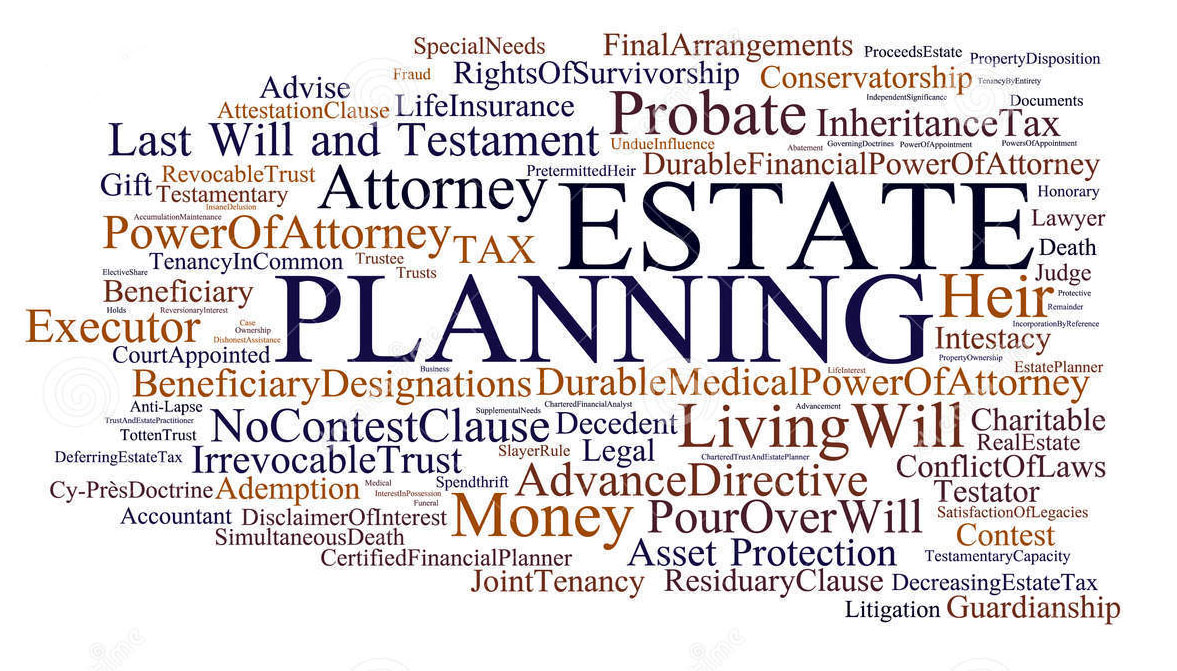Important aspects regarding estate planning.
Connie Bruwer from PC Bruwer and partners gives advice about this important topic.
Question: I recently heard from someone at a major trust company, who did a quick poll, that nearly 30% of substantial estates and wills will have a cash shortage.
Connie: Many people buy a life policy to address this cash shortfall as identified by a counselor. This is the correct route, because life insurance is and remains the cheapest way of making money available. But then a lot of people do something stupid.
Question: What do they do, Connie?
Connie: The policy is made out to a beneficiary, mostly to save on executor costs. The problem is that a policy that is directed to a beneficiary, is not taken into account in the calculation of the executor’s costs because it does not flow through your estate.
Question: How is executor costs calculated?
Connie: Executor Costs (3.5%) is calculated on the gross value of the estate. Thus the cash deficit is not resolved by the sale of the policy.
Question: Can you provide us with practical examples so that we can understand it better?
Connie: I will present two examples to explain this better. A man bequeathed everything to his wife. The beneficiary life policy paid directly to the woman, and the money does not flow through the estate. The woman received the money from the policy and wisely invested that money. Meanwhile, it takes the executor a month or two or three, before he gathers all the details for the completion of the estate. This includes details of debts of the estate. But then there is no cash in the estate to pay the debt.
Question: What choices does this woman now have?
Connie: Now this woman has two choices: Either she gives a portion of the policy proceeds to the creditors that can be paid or she has to sell the house to get money to do it. Because the money is on a fixed deposit, the woman’s house will have to be sold.
Question: What other example can you give us?
Connie: A young man with a good income decides to buy himself an apartment and a rather expensive car on credit. But one way or another he incurred the debt without any security or policy. Then he died. The will says that his partner must inherit the car and the apartment. Unfortunately his partner will be on the street as the bank has repossessed the car and the apartment. There was no cash in the estate to pay off the debt and the executor has no choice but to otherwise take action.
Question: How can one stop such a fiasco from happening?
Connie: If you do your estate planning by an expert he or she will point out if there is any shortage of cash in the estate. Make sure you work on this deficiency, and be careful to not simply allocate the policy to a beneficiary to save on executor funds. Ensure that all debt obligations as well as the cost of your death, such as funeral costs, executor costs etc., can be covered from available cash.
Question: The bequest of cash to minor heirs are also involved here. Explain.
Connie: Sometimes, in broken marriages, you get the situation, that man bequeaths money for his children directly. One must realise that the money will be controlled by a guardian, or it could even end up in the master of the court’s Guardians’ Fund.
Question: What is then the best option to provide for your children in your will?
Connie: It is better to create a trust in your will that will observe the child’s care until he or she is of age, after which the trust can be terminated and the rest of the money paid to him or her.
Question: To conclude, what other advice do you have for our readers with planning their estates.
Connie: In their financial planning the reader must understand the full consequence of their death and not do emotional appointments and leave instructions that might later adversely affect their relatives. Many trust companies are now willing to negotiate administration costs whilst you live. Do this as part of your planning, because then you have control.





